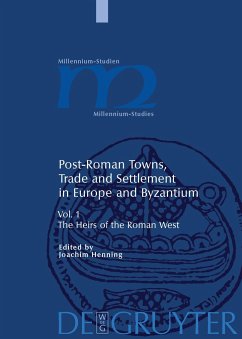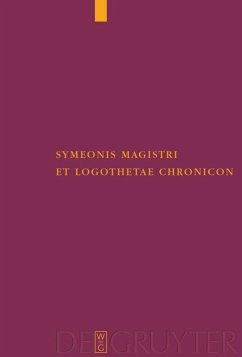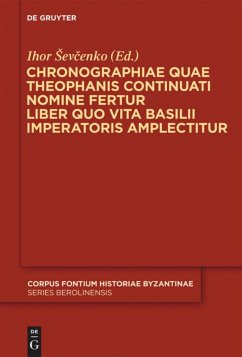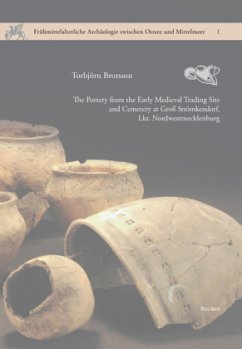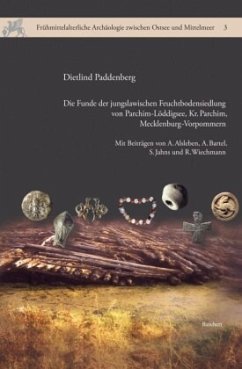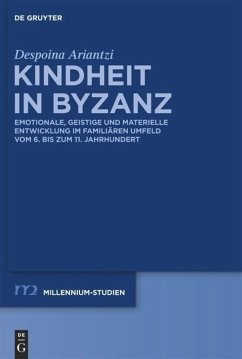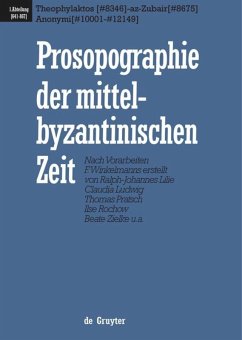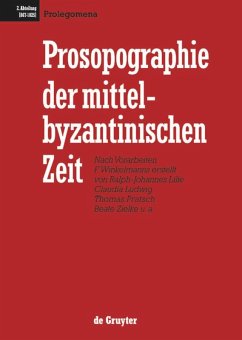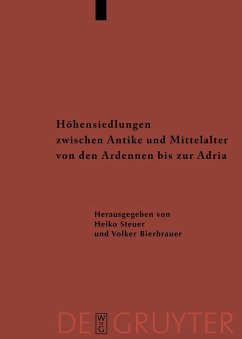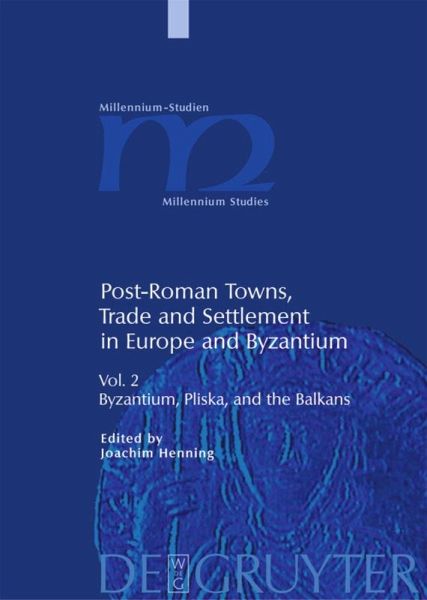
Byzantium, Pliska, and the Balkans
Versandkostenfrei!
Versandfertig in 6-10 Tagen
230,00 €
inkl. MwSt.

PAYBACK Punkte
0 °P sammeln!
The'disappearance of towns and trade'(Pirenne) has been considered synonymous with the'Dark Ages'of Post-Roman Europe and Byzantium for decades. Now, the scholarly and public understanding of the European and Mediterranean history of the later half of the first millennium is going through a dramatic change due to new archaeological findings, greater scientific investigation, and a reappraisal of written sources. Thus, economic archaeology and the history of the early Middle Ages are emerging as decisive fields in the debate on the role of this period in the'origins of the European economy'(McCormick). In this book, leading international authorities analyse the structures and economic functions of non-agrarian centres between ca. 500 and 1000 A.D. - their trade, surrounding settlements, as well as, the agricultural and cultural milieux. The thirty-one papers presented by contributors from England, France, Spain, Italy and Germany at an international conference held in Bad Homburg focus on recent archaeological discoveries in Central Europe (Vol. 1), as well as, those in southeastern Europe and Asia Minor (Vol. 2). They are supplemented by the first broad survey of the results of recent fieldwork in The Pliska Project, which sheds new light on Europe's biggest town-like agglomerations of the 8th and 9th centuries.





